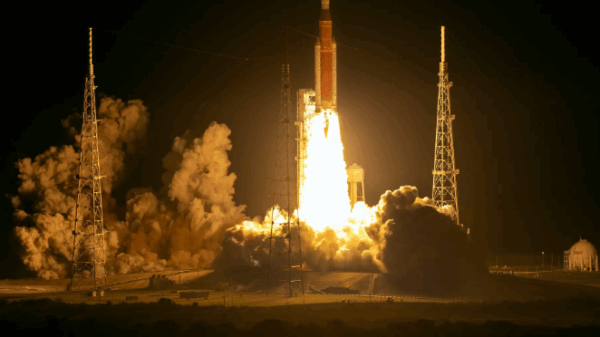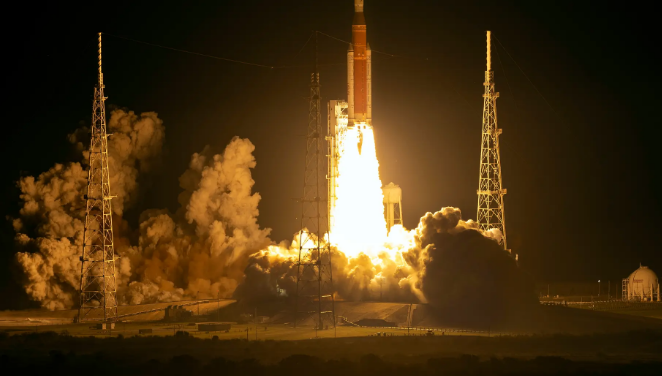NASA’s ambitious plans for lunar and Martian exploration are under threat following a proposed 24% budget cut unveiled by the White House last week. While the space agency struck a hopeful tone in its official response, the reality is stark: long-planned missions may be scrapped, and billions in past investments could be lost.
According to the FY2026 budget proposal, NASA’s funding would drop from $24.8 billion to $18.8 billion—the agency’s lowest allocation since 2015. Despite a modest increase in funding for human space exploration, including $7 billion for lunar missions and $1 billion for Mars initiatives, the overall picture is bleak for science, technology, and climate research.
Key casualties of the proposed cuts include the Mars Sample Return Mission, intended to retrieve soil and rock specimens collected by the Perseverance rover. With 27 samples already cached on the Martian surface, the cancellation would mark the abandonment of years of scientific groundwork.
Also at risk are the Space Launch System (SLS) and Orion spacecraft—cornerstones of NASA’s Artemis program to return humans to the moon—as well as the nearly complete Gateway space station module designed for lunar orbit. The Nancy Grace Roman Space Telescope, built to explore exoplanets and dark energy, may also be scrapped despite nearing completion.
NASA’s climate research programs, including work on sustainable aviation, have been labeled “climate scam programs” by the White House and targeted for elimination. Diversity, equity, and inclusion (DEI) initiatives are likewise slated for defunding under new federal guidelines.
Critics warn the cuts jeopardize not only current missions but also America’s scientific leadership. “No spin will change the fact that this would end critical missions, dramatically scale back the workforce, and risk our scientific leadership around the globe,” said Rep. George Whitesides (D-CA).
Experts argue that the move represents a severe setback. “It’s mortgaging the future,” said Henry Hertzfeld of George Washington University. Others, like Johns Hopkins physicist Stephan McCandliss, view the cuts as an attack on science itself: “They are devastating and vicious.”
Amid the turmoil, private sector players like SpaceX may step in. The proposed rollback of SLS and Orion could pave the way for Starship, Elon Musk’s massive next-generation rocket. Still, critics caution that privatization won’t fully replace the breadth of NASA’s scientific mission.
Ultimately, the final decision lies with Congress. Lawmakers from space-dependent states may once again resist sweeping cuts, as they did in 2010 when the Constellation program was defunded. As McCandliss put it: “The president proposes, and Congress disposes.”









































